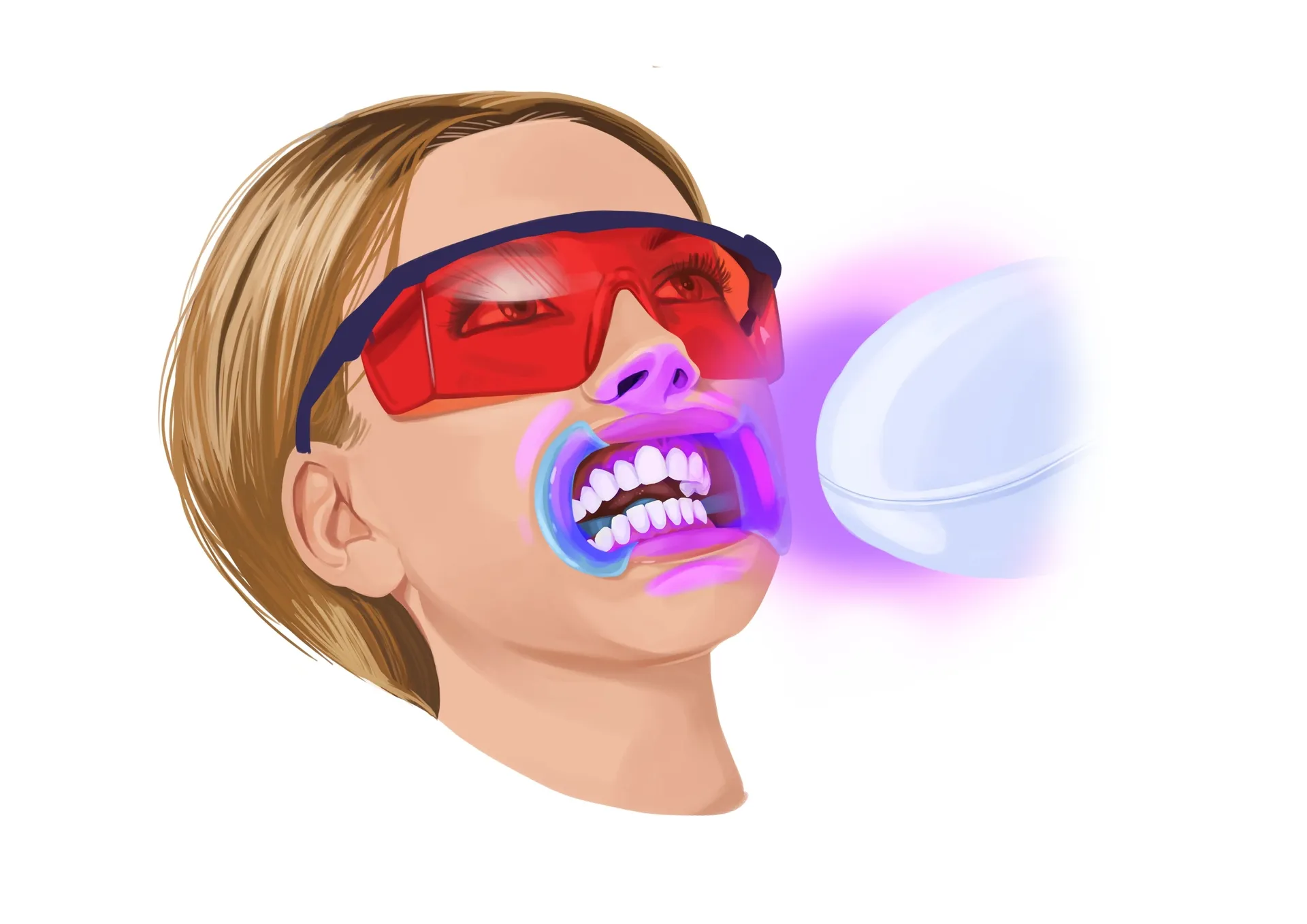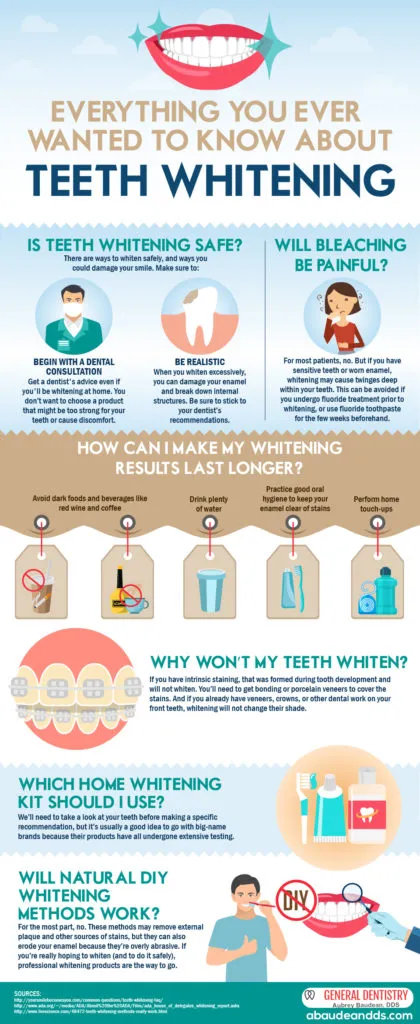What is Teeth Whitening Certification?
Teeth whitening certification is a credential that demonstrates an individual’s competence in performing teeth whitening procedures. It signifies that the person has completed a recognized training program and has the necessary knowledge and skills to safely and effectively whiten teeth. This certification is not always a legal requirement, but it is a vital asset for those wishing to offer teeth whitening services professionally. The specifics can vary based on location, but the core aim remains the same to ensure consumer safety and the delivery of high-quality treatments. Getting a certification involves completing a training course, which covers a multitude of topics, from the anatomy of teeth to the types of whitening agents available and how to use them. Proper certification guarantees the professional is aware of best practices, which reduces the risk of complications.
Benefits of Teeth Whitening Certification
Obtaining teeth whitening certification provides numerous advantages for both the practitioner and the client. It showcases a dedication to professionalism and a commitment to providing safe and effective treatments. The benefits extend far beyond just the practical aspects of the procedure; they cover a multitude of elements that ensure that the professional is capable, and the process is legitimate. This certification can set the practitioner apart in a competitive market, creating a trustworthy reputation. Moreover, it contributes to better patient outcomes and increases the likelihood of customer satisfaction. Certification allows for the professional to stay up-to-date with the newest methods and technology in the industry, therefore allowing them to deliver the most advanced and effective teeth whitening treatments possible. Ultimately, the certification provides the building blocks for a flourishing career in the teeth whitening industry.
Enhanced Credibility and Trust

Certification enhances the credibility of the professional, building trust with clients. When potential clients see that a practitioner is certified, they are more likely to believe in their competence. This can translate to more clients and improve the practice’s reputation. Clients can be confident that the professional has met certain educational standards and has been properly trained in the art of teeth whitening. Building trust is the cornerstone of a successful practice. It means clients are more likely to refer others and become repeat customers. Certification serves as proof of commitment to the highest standards in the industry, which can significantly improve your practice and client base.
Expanded Career Opportunities
Certification expands career prospects. It can open doors to a variety of positions, from working in a dental office to launching a cosmetic teeth whitening business. Certification may be required by employers, so it is a key requirement for employment. As the demand for teeth whitening services grows, so does the need for certified professionals. This certification can be beneficial in numerous ways, from increased job security to career advancement. It equips professionals with a competitive edge. It proves that the person is qualified to handle all areas of teeth whitening, and ensures that the professional is ready for new opportunities. Certification offers professional growth.
Improved Knowledge and Skills
The training provided during certification programs equips professionals with improved knowledge and skills. These programs provide in-depth insight into all facets of teeth whitening, from the science behind the process to the practical application of various techniques. Participants will often gain understanding of oral anatomy, contraindications, and best practices for patient safety. They also learn how to properly assess clients, choose the appropriate whitening method, and deal with potential side effects. The emphasis on knowledge and skill-building ensures practitioners can deliver safe and effective treatments, leading to better patient outcomes and greater job satisfaction.
The 5 Facts You Need to Know About Teeth Whitening Certification

Here are the top 5 facts you should be aware of regarding teeth whitening certification, providing a solid understanding of what the process entails and what it means to your professional career.
Fact 1 Eligibility Requirements
Eligibility criteria for teeth whitening certification can vary based on the certifying body and the region. Common requirements often include a high school diploma or its equivalent, a background in the dental or cosmetic field, and a minimum age, which is usually 18 years or older. Some programs may require candidates to have current CPR certification, and others may necessitate a specific number of hours of practical experience or previous training. Thorough research is vital to determine the specific criteria for the certification program that best suits your professional goals. Ensure you fulfill all prerequisites to gain admission into a reputable certification program.
Fact 2 Training and Education
Training programs for teeth whitening certification generally cover the science behind tooth discoloration, the different whitening agents, and the techniques for applying these agents. Trainees typically learn about oral anatomy, potential hazards, and patient assessment protocols. Practical training is crucial, often involving hands-on practice with clients under the supervision of experienced trainers. The education can be gained through a combination of classroom instruction, online modules, and practical exercises. The goal is to provide a full range of knowledge and practical abilities that will ensure each participant is prepared to deal with any circumstance. Continuous education is usually required, and professionals are expected to remain up-to-date with industry advancements.
Fact 3 Scope of Practice

The scope of practice defines the legal boundaries of what a certified teeth whitening professional can do. It is important to understand what procedures you are allowed to perform based on your certification and the laws in your area. The scope can differ according to the state or region, and it is essential to abide by these regulations to stay compliant and avoid legal issues. Certified professionals often perform tasks like client consultations, teeth shade assessments, and the application of whitening products. However, they usually cannot provide complex dental procedures like fillings or extractions, as these require more advanced education. Staying within your scope of practice is essential for both legal and ethical reasons.
Fact 4 Certification Renewal
Teeth whitening certifications often require renewal after a certain period, typically every one to three years, to keep your credentials current. This renewal procedure often involves completing continuing education courses to keep your expertise and knowledge current. Renewal helps ensure practitioners stay aware of the newest techniques, treatments, and safety standards. Requirements for renewal can vary. Renewal may involve completing a set number of continuing education hours, paying a renewal fee, or fulfilling other conditions. The renewal process assures clients that the professional is still qualified and up-to-date with all the best practices in the field, which helps the practitioner maintain the highest quality of care.
Fact 5 Legal Considerations
Legal considerations are a critical aspect of teeth whitening certification. Certified practitioners must abide by local and federal rules governing the practice of cosmetic dentistry. These regulations cover areas such as licensing, patient safety, and advertising. Understanding these legal requirements is crucial to protect yourself and your business. It is recommended to consult with a legal professional to ensure compliance with all laws and regulations in your region. This will minimize the chances of legal problems and guarantee the ethical and compliant operation of your teeth whitening services. Furthermore, keeping up-to-date on changes to the law is essential to avoid any potential risks.
Who Needs Teeth Whitening Certification?

Certification in teeth whitening is helpful for various professionals in the dental and cosmetic industries. Whether it’s a legal requirement or simply a professional goal, certification can improve skill and build trust. It is a key element for improving your ability and assuring that you deliver quality service to your clients.
Dentists and Dental Hygienists
Dentists and dental hygienists are often already trained in oral health and hygiene, so getting certified for teeth whitening is a natural extension of their existing skill sets. It allows them to offer a broader range of cosmetic dental procedures. Certification offers these professionals a way to provide clients with comprehensive dental care. Dentists and dental hygienists benefit from the opportunity to provide a service that complements their current practices, providing a complete array of dental services.
Dental Assistants
Dental assistants can improve their skills and job prospects by becoming certified in teeth whitening. This certification can help them take on extra duties. Dental assistants benefit from greater professional flexibility and the chance to advance in their careers. Certification expands the range of treatments the dental practice can offer. It also shows that the dental assistant is committed to offering great patient care and service.
Cosmetic Professionals

Cosmetic professionals, such as estheticians and spa technicians, may choose to pursue teeth whitening certification as a means to broaden the range of services they offer. Certification enables these professionals to enter the cosmetic teeth whitening market. It provides them with additional revenue opportunities. Clients in cosmetic services often inquire about teeth whitening, so offering these services can fulfill customer demand. Certification allows cosmetic professionals to provide their clients with all-inclusive cosmetic enhancements.
Where to Get Certified for Teeth Whitening?
When looking for a certification program, pick a reputable institution or organization. Accreditation ensures that the curriculum meets industry standards and offers extensive training. Check for a program that includes a combination of classroom instruction, hands-on training, and online modules. Look at the program curriculum and see that it covers important topics. These topics may include oral anatomy, whitening methods, and safety protocols. Prioritize programs that offer hands-on training, allowing you to apply your knowledge under supervision. Accreditation, thorough curricula, and practical experience are key components in making sure you have a comprehensive education.
